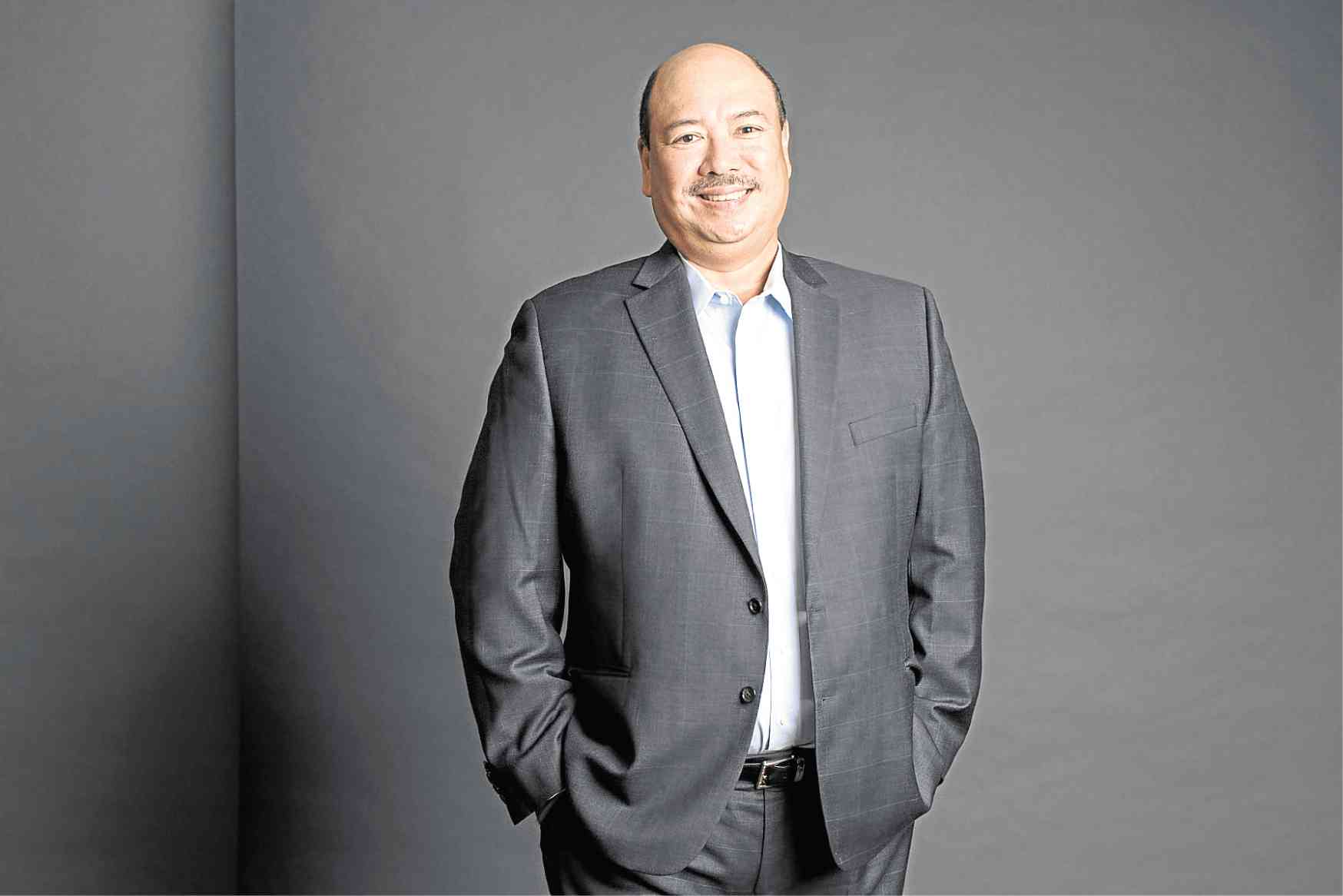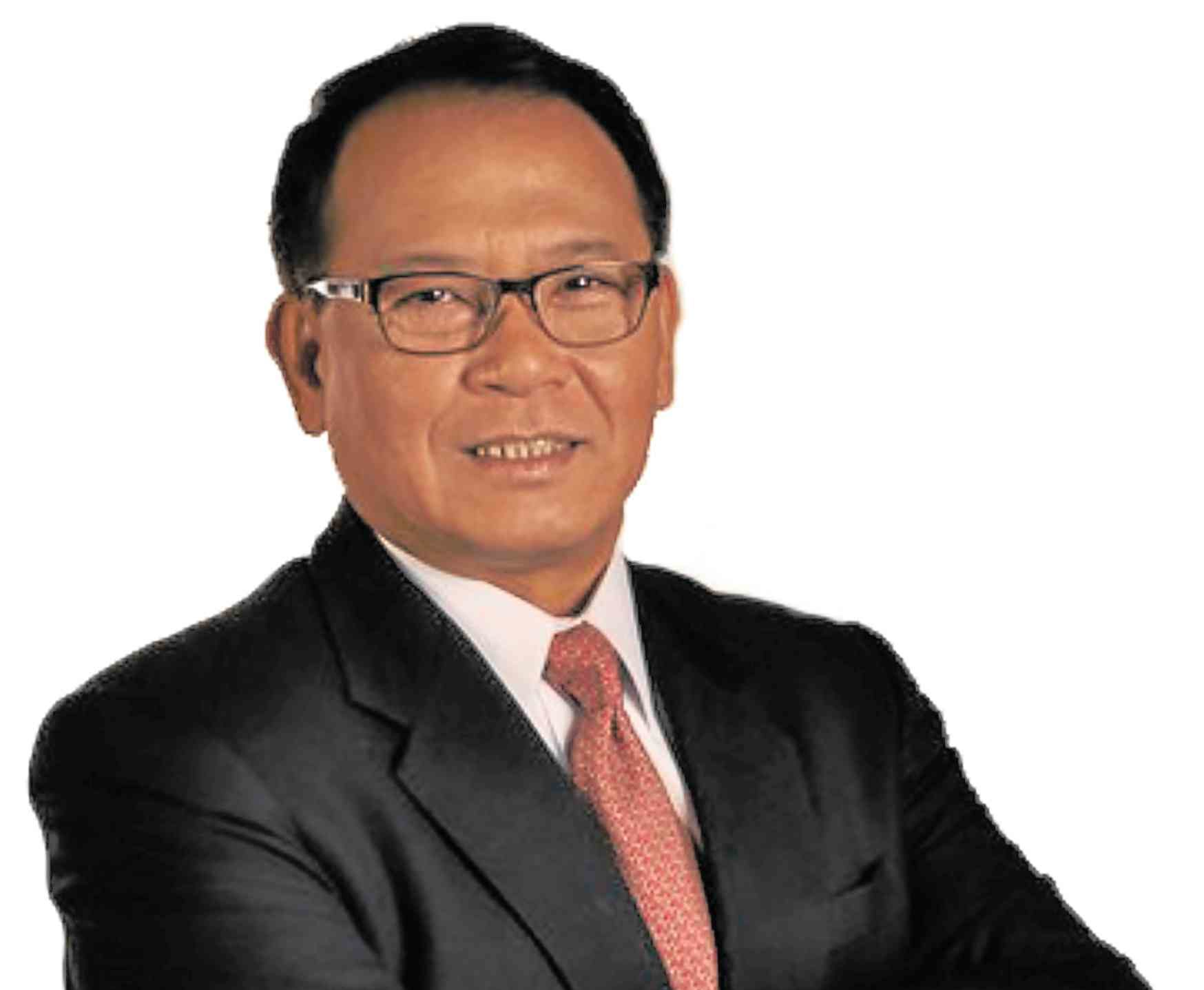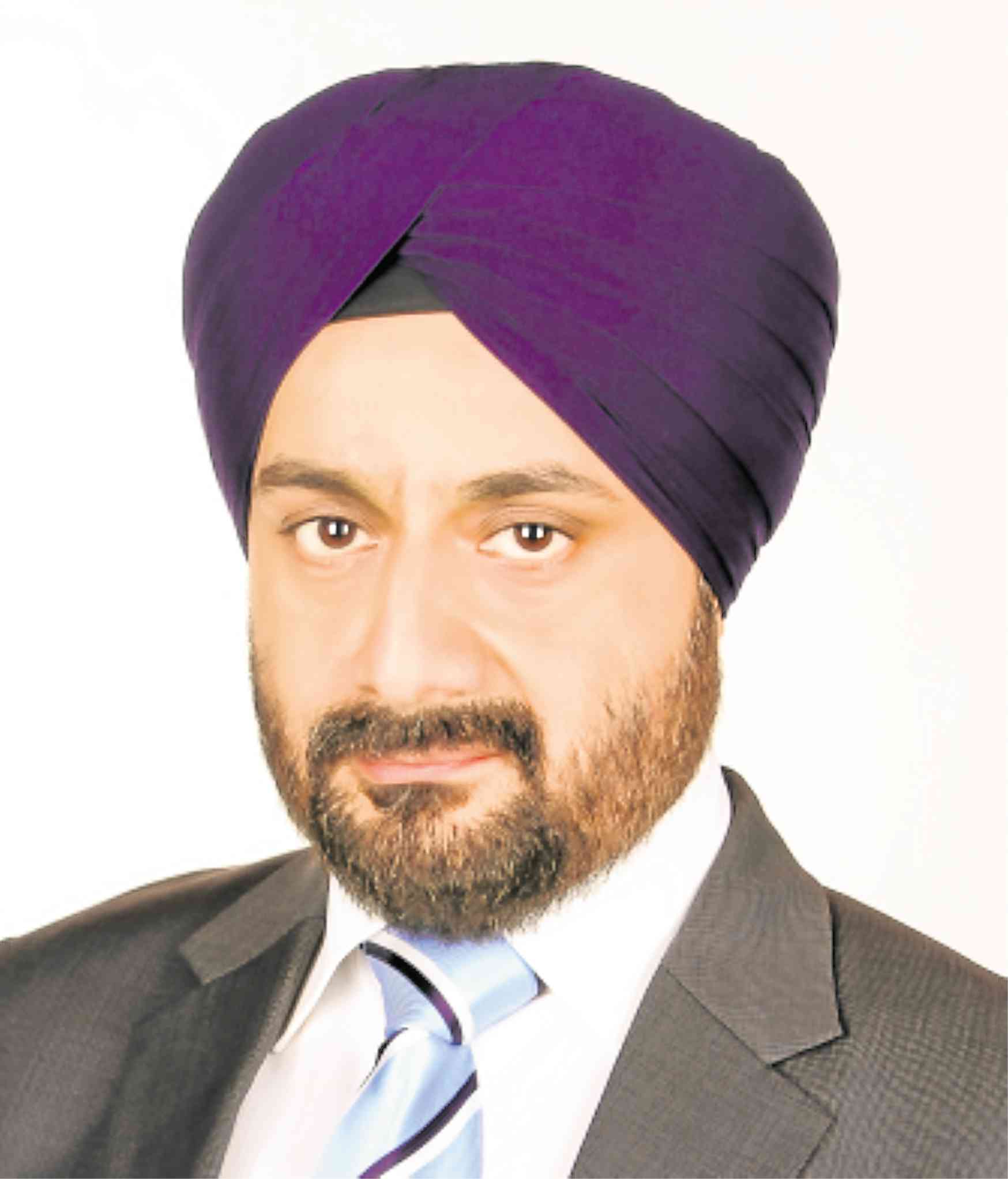Want to land that dream job? Take advice from top PH firms

A rock climbing wall, five Cs and soft skills.
These phrases may seem ambiguous, but fresh graduates would do well to keep them in mind as they go job hunting—because these are prized tips from top human resource executives from some of the country’s largest companies.
A rock climbing wall, for instance, is what one should envision when thinking of their career development—not the usual corporate ladder, which is too restricting, says Ayala Corp.’s John Philip Orbeta, chief human resource officer and group head, corporate resources.
“That step-by-step visual of a corporate ladder is old news. Now, it should be that of a rock climbing wall, because to get to the top, sometimes you need to move sideways, or even go down to get a better foothold,” Orbeta says. “Look at that as a collection of opportunities.”
He also emphasizes the importance of “soft skills,” especially for fresh graduates with no professional experience whatsoever. A college degree, while equally important, will only get one in the game, so to speak; what will help them play well is their ability to articulate, solve problems and think clearly when faced with challenges.
“We do match candidates’ courses to the right positions, but we are looking for that triple extra,” Orbeta says.
Athletes, he adds, have a particular advantage because of their resilience, since they know at some point that they will face failure. It’s knowing how to pick themselves up after that sets them apart.
Even experience in extracurricular activities are a plus for fresh grads, especially those who took up leadership roles. On the part of Ayala, the conglomerate enables students to become such leaders through their annual Ayala Group Summer Internship Program.
To ensure that interns, who are assigned to different Ayala Group companies, truly learn something on the job, Orbeta says the training is designed to follow a specific program so as to avoid having them do menial tasks like making coffee, and allow the interns to form their own networks as well.
Orbeta says the Ayala Group hires even senior high-school graduates (Ayala runs Affordable Private Education Centers Schools, a chain of affordable private high schools), as well as graduates of technical-vocational courses—but he does dish out a piece of advice for these individuals.
“While you are employed, take advantage of the situation and finish your degree,” he says. “That way, you get to advance your career even further.”
Nic Lim, JG Summit Holdings Inc.’s senior vice president for corporate resources group, also highlights the importance of soft skills, which for him are innovation, problem solving, agility and bias for action.
Lim also efficiently outlines the five Cs that JG Summit looks at when hiring new employees: character, competence, confidence, chemistry and communication.

Character is top priority because it paints a picture about a candidate’s values and background, or, as Lim puts it, is “the guidepost of their actions.” Competence, of course, is necessary—educational and technical background—to their possible function in the company; while confidence is important because one must be able to trust themselves and their professional decisions.
“Needless to say, the first two Cs will speak volumes on the candidate’s confidence—the self-assurance even in his own weaknesses, and being courageous in doing the right thing,” Lim says.
Then there is chemistry, or how a potential employee builds rapport, as it attests to how he or she can build and maintain professional relationships based on mutual understanding and trust.
The last C, communication, is more than just about effectively getting one’s message across—it’s also about one’s sincerity when dealing with other people.
“If the candidate has these five Cs, he or she has a major advantage, as this reflects the sum total of what I call credibility,” Lim says.
One could add another C to that list—curious.
Both Orbeta and Lim say curiosity can only do one good.
“They have the license to ask questions as they are not expected to know it all. Always be [on the] lookout for better ways of doing things. [They should be] open to change, agile, flexible. The corporate world has become complex such that roles evolve as the market changes. What you prepared for in college may not be the realities at the workplace,” Lim says.
Sarab Singh, Citibank Philippines’ country human resources officer, shares the same sentiment.

“Graduates who are keen to join the workforce should take advantage of every opportunity afforded and have a learning mind-set. They should raise their hand if asked to take on stretch assignments and to not be afraid to ask questions,” he says.
Networking, too, plays a big factor, as well as understanding how the whole organization—and not just their function—works, Singh adds.
He encourages individuals to move laterally—again, envision the metaphorical corporate rock wall—not just for the sake of getting a promotion, but to broaden their capabilities and discover new opportunities.
And to be truly equipped to climb up that rock wall, first jobbers—as well as longtime employees—need one more thing: initiative.
“People who have kusang loob (willingness) always stand out—they’re the ones whose names are always on the volunteer list,” Orbeta says. “The challenge for us then, as HR (human resources) professionals, is how to add more names to that list through engaging programs.”